Interview with Christophe Meyer
Christophe Meyer, sommelier at Hotel Dollenberg
What makes the topic of wine special for you?
The topic of wine opens the mind to many other topics such as lifestyle, cuisine, sensory perceptions, culture, history, archaeology, geography, climate, geology, ampelography, chemistry, languages and cultures of our societies, and psychology. Together, these topics offer a comprehensive view of our society in different eras as well as in the present.
What is your favorite European wine?
This is always a difficult question for a sommelier with such a wide selection. Since I am often asked this question, I have decided that it is the Champagne Salon, a Blanc de Blancs vintage from 2002.
With so many European wine-growing regions, do you have a favorite?
I will remain chauvinistic and focus on the term Champagne in France, which remains a complex subject with various possible variations: non-vintage, vintage, Blanc de Blancs, Blanc de Noirs, Blanc, Rosé, dosages, time on the lees, cuvées of different grape varieties, reserve wine, bubbles, serving temperature, and various types of glasses and combinations throughout a meal.
Which wine-growing region in Europe is currently still an insider tip or on the rise for you?
Portugal is a country with a rich history and wine tradition, offering numerous opportunities to discover other wines besides port—whether red, white, or rosé! The quality of the wines is incredible, and the prices are extremely attractive!
In your opinion, which topics/trends will have the greatest impact on the wine industry in the near future?
The demand for alternatives to non-alcoholic wines has become a recurring theme among both younger and older generations.
Regarding your professional activity: What topics/trends, but also issues, are you currently facing in the context of your work as a sommelier? And: Based on your customers, which topics/products are currently in high demand?
Unfortunately, there are not many young sommeliers who want to stay in the restaurant business, and they quickly turn to retailers or winemakers who offer more attractive working hours.
Customer expectations vary greatly depending on the generation, and it is difficult to name a global theme. Whether it's alcohol, global warming, natural wines, or organic wines.
What do you particularly appreciate about your work as a sommelier, and what advice would you give to those interested in pursuing this career?
It is a profession for passionate people, a fascinating one that brings cultural riches to topics that revolve around our society. A profession that creates contact with people who are passionate about their work, be it winemakers, chefs, or guests. The opportunity to give others a moment of happiness and joy.
Regarding EUROVINO, for which you now serve as an advisory board member: What appeals to you about this role, and what aspects would you like to contribute to the collaboration?
The vision of the sommelier profession. This requires a wine fair that meets its current expectations.
For me, it is an opportunity to reflect on the development of our profession and to meet other wine specialists, not only sommeliers, but also merchants, winemakers, and journalists who specialize in wine.
Why is EUROVINO important as a trade fair format for the industry?
EUROVINO covers current topics in the world of wine, such as alcohol-free wines, but also the topic of alternative grape varieties, which is becoming increasingly interesting for winegrowers, such as Piwi vines. It also offers an introduction to wines from Eastern countries.
EUROVINO remains small in scale, which allows for more efficient movement around the hall and a focus on specific topics. And it is a wine fair that is affordable and easily accessible for wine professionals.
_9_6_450x300.jpg)


